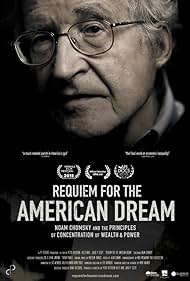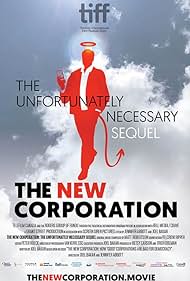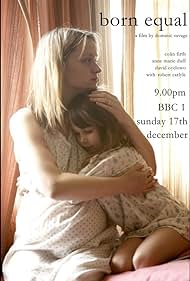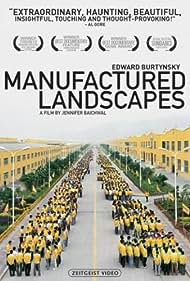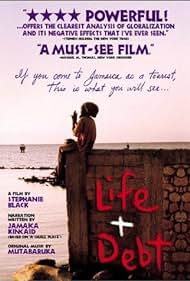The New Rulers of the World Soundtrack (2001)

Buy on Amazon Play and download Soundtracks
Los nuevos gobernantes del mundo
The New Rulers of the World
The New Rulers of the World
Synopsis
The myths of globalisation have been incorporated into much of our everyday language. "Thinking globally" and "the global economy" are part of a jargon that assumes we are all part of one big global village, where national borders and national identities no longer matter. But what is globalisation? And where is this global village?
In 2001, John Pilger made 'The New Rulers of the World', a film exploring the impact of globalisation. It took Indonesia as the prime example, a country that the World Bank described as a 'model pupil' until its 'globalised' economy collapsed in 1998. Globalisation has not only made the world smaller. It has also made it interdependent.
An investment decision made in London can spell unemployment for thousands in Indonesia, while a business decision taken in Tokyo can create thousands of new jobs for workers in north-east England. This might seem a very natural development if you live in a country like Britain, with its long international history as a trading nation and imperial power. Bringing the world closer together may throw up new opportunities for cultural and economic interaction, but it also exposes us to the negative aspects of life on a shrinking planet, whether it be the threat of global warming, the international traffic in women for sexual exploitation or the spread of AIDS throughout Africa and Asia.

